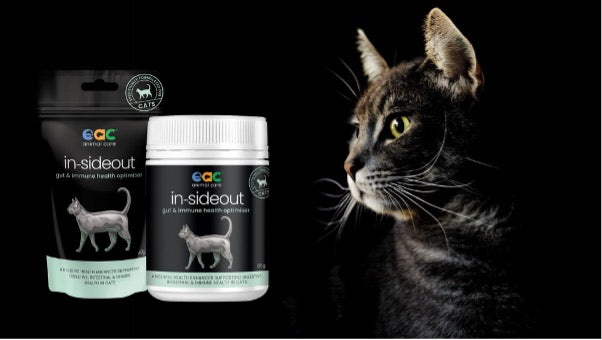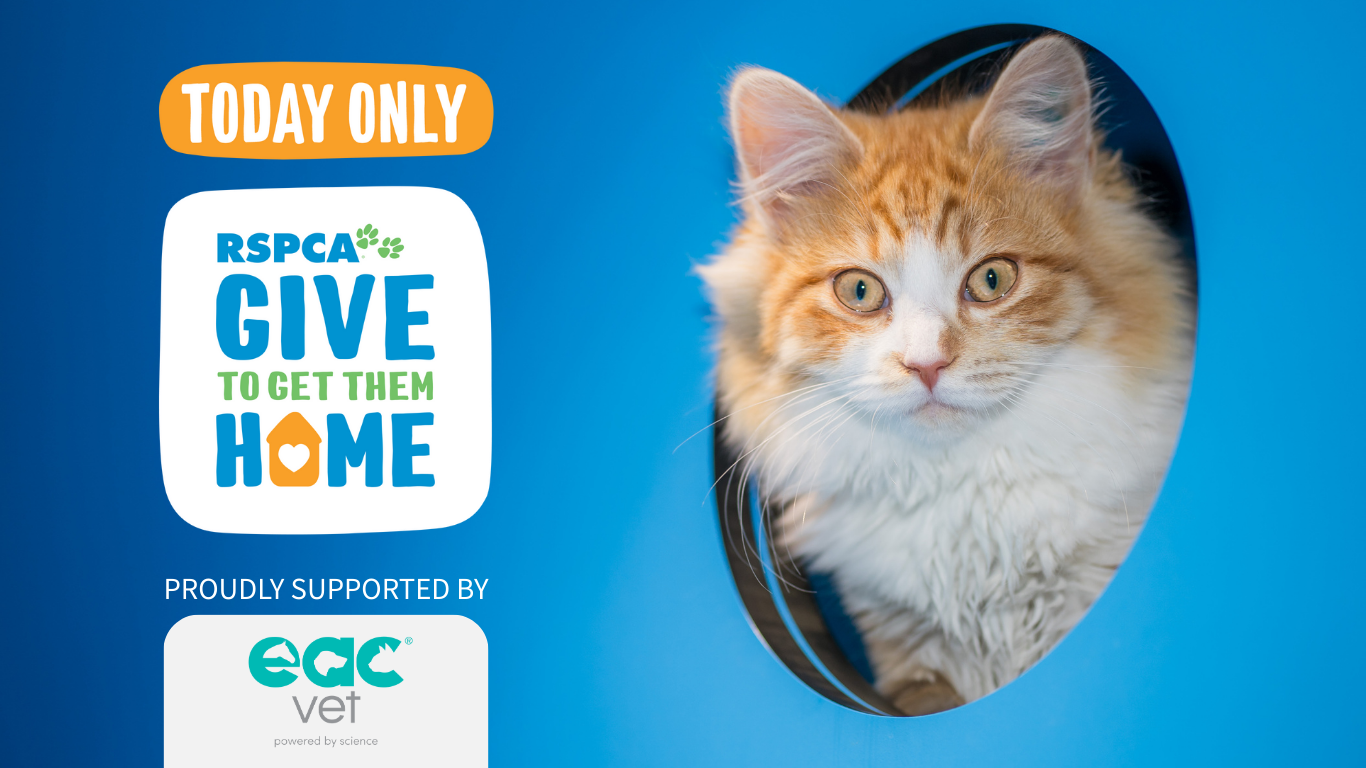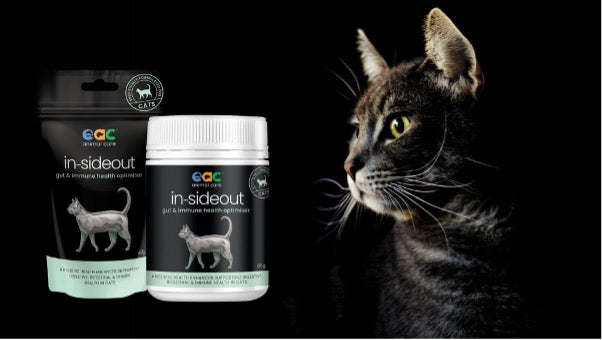Cats, much like humans, experience grief when they lose a companion, be it another pet or a human family member. This emotional turmoil can manifest in various behavioural changes, such as increased vocalisation, loss of appetite, withdrawal, or altered sleeping patterns. Recognising these signs is crucial for providing the necessary support during their grieving process.
Understanding the Gut-Brain Connection in Cats
The concept of the gut acting as a "second brain" is well-established in scientific communities. This relationship, known as the gut-brain axis, involves continuous communication between the gastrointestinal tract and the central nervous system. In cats, as in humans, this connection means that emotional states can influence gut health and vice versa. For instance, stress or grief can disrupt the balance of gut bacteria, leading to digestive issues. Conversely, an unhealthy gut can affect a cat's mood and behaviour.
Supporting Your Grieving Cat Through Gut Health
Given the interplay between emotional well-being and gut health, supporting your cat's digestive system during times of stress is vital. One effective approach is incorporating supplements designed to promote intestinal health. EAC Animal Care's in-sideout is a nutraceutical blend containing prebiotics and probiotics aimed at optimising immune and intestinal health in pets.
This formulation supports digestion, nutrient absorption, and overall vitality, which can be particularly beneficial during periods of emotional distress.
Additional Strategies to Comfort a Grieving Cat
- Maintain Routine: Cats thrive on predictability. Keeping feeding times, play sessions, and sleeping arrangements consistent can provide a sense of security.
- Provide Enrichment: Interactive toys, scratching posts, and puzzle feeders can distract and engage your cat, helping to alleviate feelings of sadness.
- Offer Physical Affection: While some cats may seek solitude, others might crave extra attention. Pay attention to your cat's cues and offer affection accordingly.
- Consult a Veterinarian: If your cat's behaviour changes persist or worsen, seeking professional advice ensures there are no underlying health issues.
Understanding and acknowledging the signs of grief in cats is the first step toward providing effective support. By recognising the profound connection between the gut and the brain, pet owners can adopt a holistic approach to their cat's well-being. Incorporating EAC's in-sideout, maintaining routines, and offering appropriate enrichment can significantly aid in navigating your cat through their grieving process, ensuring they remain healthy both emotionally and physically.





